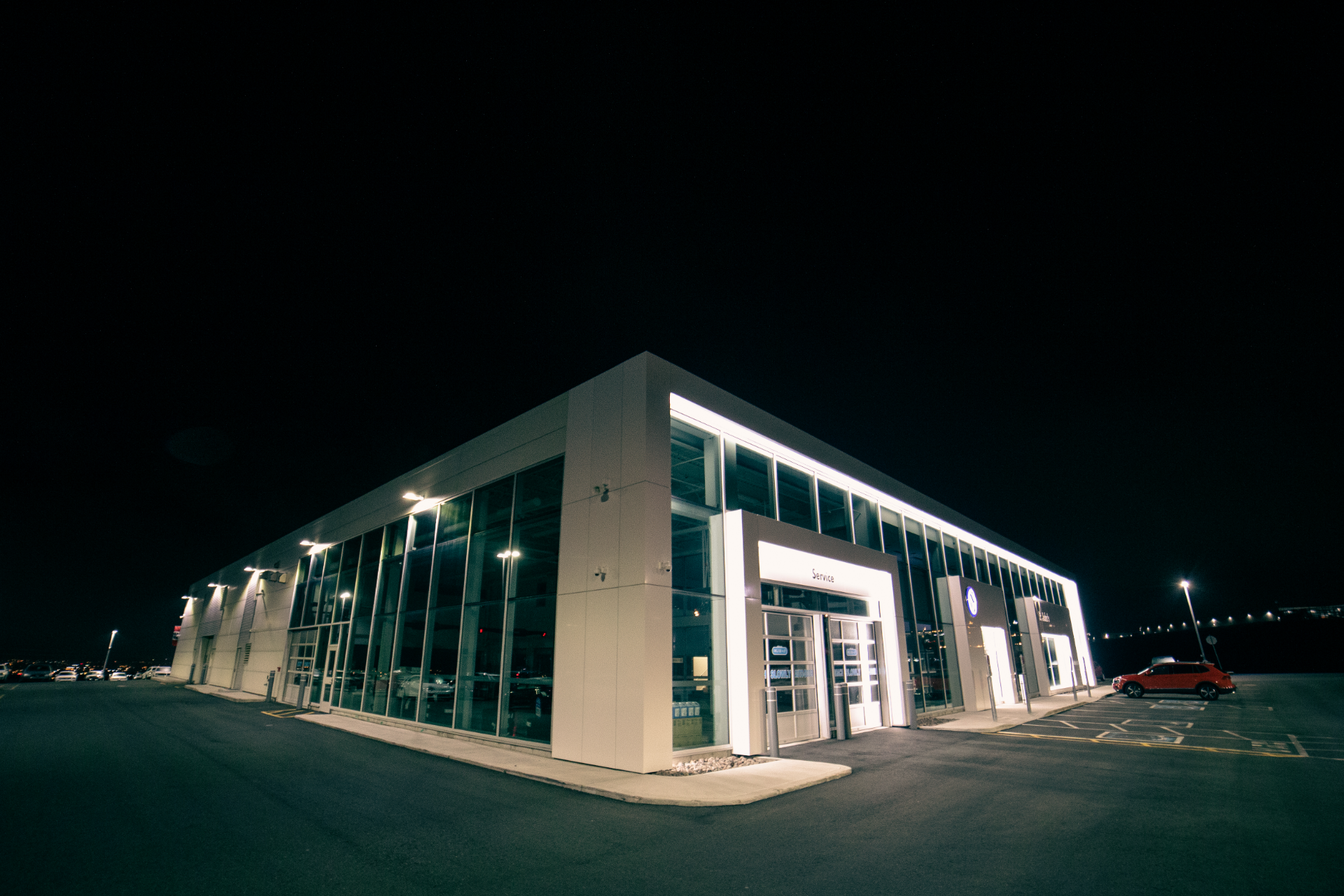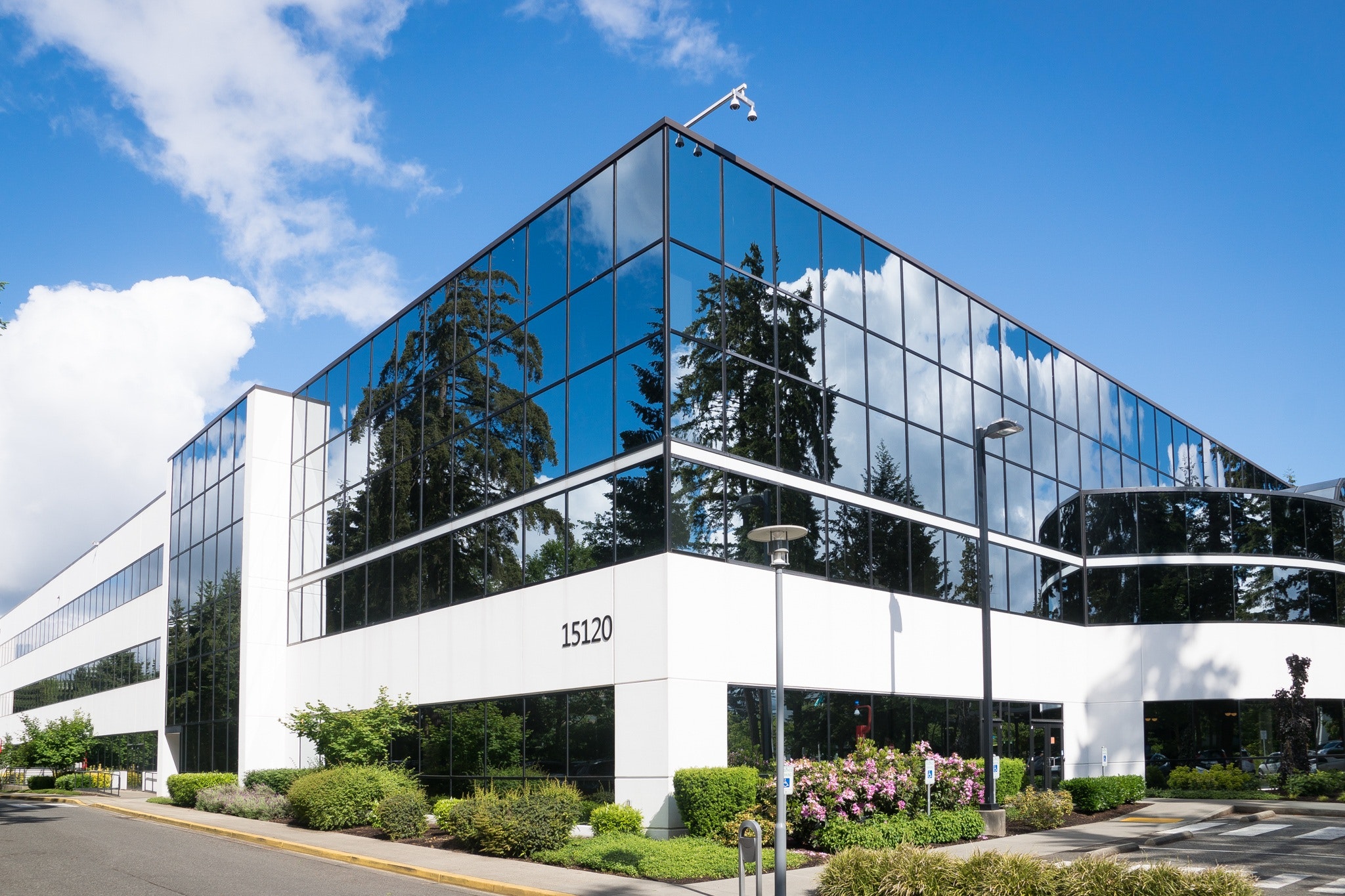Triple Net Properties: What are They and Should You Invest in Them?


There are many important factors to consider when it comes to investing in commercial real estate. While some investors will focus solely on things like location and property type, the impact of the lease should not be overlooked.
The type of lease a property uses will dictate both your costs and the amount of involvement you’ll have in maintaining your investment. This means before buying any piece of real estate you need to make sure the lease suits your business model.
In this article, we’ll look at triple net properties and delve into why this type of lease is often very beneficial for investors.

What are Triple Net Leases?
A triple net lease is an agreement where the tenant is responsible for all property taxes, building insurance, and maintenance, which are known as the three “nets.” These costs are in addition to rent and utility fees.
Triple Net vs Gross Lease
With a gross lease, you’ll calculate all the average monthly cost of all expenses (rent, taxes, insurance, and maintenance) and combine them into one flat fee for the tenant.
Other Types of Net Leases
There are also different versions of a net lease. A single net lease requires tenants to pay property taxes in addition to the rent and utilities. The landlord will then be responsible for insurance and maintenance. A double net lease means tenants have to pay for both taxes and insurance, with any maintenance costs falling on the landlord.

2. How do Triple Net Leases Work?
A triple net lease places the onus on the tenant to pay for expenses and maintain the property. They are essentially responsible for all bills and upkeep, making this a very simple arrangement for you as the landlord.
Some triple net leases only require the lessee to cover a portion of these costs. This is something that can be negotiated when the lease is signed.
Because the tenant is responsible for additional costs, the rent charged under this type of agreement is generally lower than it would be for other types of leases.
3. What are the Benefits of Triple Net Leases?
Triple net properties provide landlords with a number of benefits:
Less Commitment
Because the tenant is responsible for all costs and maintenance there really isn’t any need for you to get involved in the day-to-day management of the property. Pretty much everything is taken care of for you, which saves you a lot of time and stress.
Triple net leases make real estate investment a lot more hands-off. So, if you don’t have a lot of experience managing a building, or you simply don’t have the time for it, triple net investing will likely suit you well.
Spend More Time on Your Business
Because you’re spending less time dealing with issues surrounding your property you’re able to focus more on other areas of your business. This may include searching for additional investment properties or managing other business interests you might have.
Instead of being bogged down with the minutiae of building management, you can concentrate on growing your business and discovering new opportunities.
Stable Income
Triple net leases often last a long time, anywhere from 10 - 25 years. Because there are more costs and responsibilities involved, tenants with these kinds of leases are also usually thoroughly vetted and very creditworthy. The result is a dependable tenant signed to a long-term lease.
This provides many benefits, including:
Less chance of the lessee defaulting on their payments.
Guaranteed income for an extended period of time.
Easy to predict future income.
Downside protection if the market falters.
Because of all this, triple net commercial real estate is often a safer investment.

You Can Sell The Property with the Lease
As the landlord, you have the option to sell the property even if your tenants still have time left on their lease. The lease simply transfers to the new owner.
The fact that you already have long-term responsible lessees in place will likely be seen as a positive, as the buyer won’t have to worry about vacancies or finding new tenants. Depending on the quality of your lessees this could increase the value of your property.
4. What are the Drawbacks of Triple Net Leases?
While this sort of arrangement provides a number of advantages for landlords it does have some drawbacks:
Less Control Over the Property
While it’s nice to not have to worry about managing the property, you might not have much say in how it’s maintained, depending on how the lease agreement is written. This means repairs and maintenance may not be done up to your standards.
If the property hasn’t been properly maintained you may be left with some large expenses after the lease is finished and the tenant moves out.
You’re Still Liable
Even though the lessee is responsible for paying all the property taxes and building insurance, as the landlord you’re still liable for these costs. So, if for some reason they’re unable to make the payments the responsibility falls to you.
This could put you in a vulnerable position if you’re not prepared to cover these expenses.
Your Upside is Limited
As previously mentioned, triple net leases are generally long-term agreements. This provides you with a great amount of stability, but it also limits your upside.
Let’s say you agree to a 1% rent increase every year. If the market goes up and rents increase by 3% you’re unable to capitalize on that. You’re stuck with that 1% increase no matter what the market does, which will cap your income.
5. Evaluating a Triple Net Tenant
When investing in a triple net property you don’t just need to inspect the buildings. You’ll also need to evaluate the tenants to ensure they can be depended on to live up to their responsibilities.
Here’s what to look for:
Strong Credit: It goes without saying that any triple net tenant should have a strong credit rating. Ideally, they’ll have an investment-grade credit rating of “BBB-” or higher, although this might be a lot to ask of smaller businesses. If you’re unable to obtain their credit score look at their payment history over the course of the lease to ensure they’ve always paid their rent and other expenses on time.
Sound Business Plan: Analyze their business with respect to current market trends. Do they appear to have a positive outlook, or do you foresee them running into issues down the road? Ideally, they’ll have a strong business model that will allow them to continue to make their lease payments without issue.
Healthy Balance Sheet: Depending on the tenant and the lease you may be able to look at their financials. Review these when you can to ensure the lessee has a healthy operating income.
6. What are the Costs for Landlords?
Your costs will depend on the type of triple net lease you have. Each agreement is different, so make sure you understand the terms of your lease before committing to purchase a property.
With a true triple net lease, you won’t have to pay anything. All costs will be the responsibility of the tenant.
However, with some triple net leases the costs are shared between both parties. You may be responsible for a portion of some or all of the three nets.
And remember, as the owner of the property you are responsible for any expenses the tenant fails to pay.
7. Are Triple Net Properties a Good Investment?
Overall, there are more advantages than disadvantages for landlords when it comes to triple net investing. However, that doesn’t mean every triple net property is a good investment.
There are a number of factors you need to consider, including:
The terms of the lease
The quality of the tenants
Location
Condition of the property
Net operating income
Capitalization rate
Vacancy
On the whole, triple net properties are a good investment, but you’ll need to thoroughly research any piece of real estate to make sure it’s a good fit for your portfolio.
Consult with Experts Before Making a Decision
An experienced commercial real estate broker is a valuable asset when investing in triple net properties. They’ll be able to properly evaluate the lot based on a number of different factors and help you come up with an accurate valuation. They’ll also assist you with negotiations and inspections.
If you’re thinking about purchasing a triple net property, find a broker you trust to guide you through the process and ensure you make the right decision.

Thank You!
We will contact you as soon as possible.
Be the First One to Know about the
Off-Market Opportunities
Sign up to receive real estate insights and tips direct to your inbox and get exclusive access to investment opportunities.